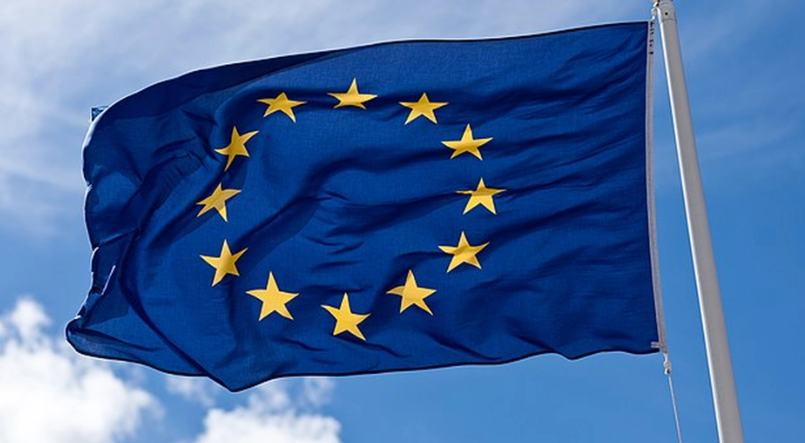Stricter EU Standards Could Limit US Agricultural Imports
Others are reading now
The European Union is considering stricter rules for imported agricultural products.
The goal is to ensure that food entering the EU meets the same high standards set within the bloc.
This could lead to tensions with trade partners like the United States. A major point of discussion is that products grown with pesticides banned in the EU may face stricter import regulations.
One of the first products affected could be US soybeans, which are treated with substances that the EU does not allow, reports Ziare.
Also read
Oliver Varhelyi, the European Commissioner for Animal Health and Welfare, stated that European farmers and the European Parliament want all products sold in the EU to follow the same standards.
This means that if a substance is banned in the EU, it should not be used on products imported into the market.
This move comes at a time when trade policies are becoming more protectionist. The United States, under President Donald Trump, has criticized other countries for rejecting American products.
Trump has even threatened to impose extra tariffs on countries that do not allow US goods into their markets.
Although the European Commission has been hesitant to impose such restrictions in the past, officials in Brussels argue that these new measures will target harmful pesticides.
They also plan to conduct impact studies before implementing any decisions. The EU also plans to raise animal welfare standards in future trade agreements.
This means that any products sold in the EU will need to meet strict rules about the way animals, such as laying hens and calves, are treated.
While the EU is looking to protect its environment and farmers, this approach could create economic conflicts, especially with countries like the US.
If adopted, these new import regulations will have a significant impact on international trade and how agricultural products are produced and traded globally.


